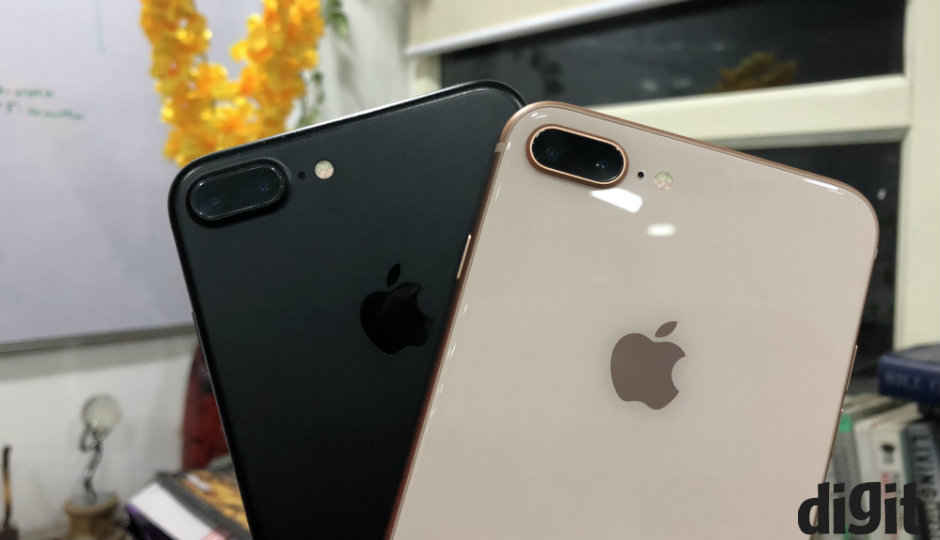Apple sued by Israeli startup for copying dual camera technology on iPhone 7 Plus, iPhone 8 Plus: Report
An Israeli startup Corephotonics has sued Apple for infringing its patent related to smartphone camera technology. The company says Apple executives even suggested copying its technology with little consequence.

An Israeli startup Corephotonics has sued Apple for infringing its patent related to smartphone camera technology. Reuters reports that a Tel Aviv-based startup has filed a patent lawsuit against Apple in a federal court in San Jose, California.
 Survey
SurveyCorephotonics has accused Apple of copying its patented dual camera system for its mobile devices, the iPhone 7 Plus and iPhone 8 Plus. It claims Apple has incorporated its technology without authorisation. In its lawsuit, the startup says its CEO David Mendlovic spoke with Apple about a partnership and the Cupertino-based iPhone maker praised the technology but refused to license it. Corephotonics says Apple executives even suggested copying its technology with little consequence.
"Apple's lead negotiator expressed contempt for Corephotonics' patents, telling Mendlovic and others that even if Apple infringed, it would take years and millions of dollars in litigation before Apple might have to pay something," reads the complaint filed by Corephotonics.
Apple was one of the first major smartphone makers to adopt a dual rear camera system for its iPhones with the launch of iPhone 7 Plus last year. The dual camera system is now also available on recently launched iPhone 8 Plus and the iPhone X. Apple's dual rear camera system combines a wide-angle lens with another telephoto lens to reproduce 2x optical zoom without loss in image quality.
Corephotonics has reportedly raised 50 million from prominent venture capital firms and its investors include Samsung Ventures, Foxconn and MediaTek Inc. Foxconn is one of the contract manufacturers for Apple while MediaTek might soon join Intel as the supplier of modem chipsets. Apple is also engaged in a patent battle with chipmaker Qualcomm, whose trial is expected to begin next year. The company is yet to offer comment on this new lawsuit.